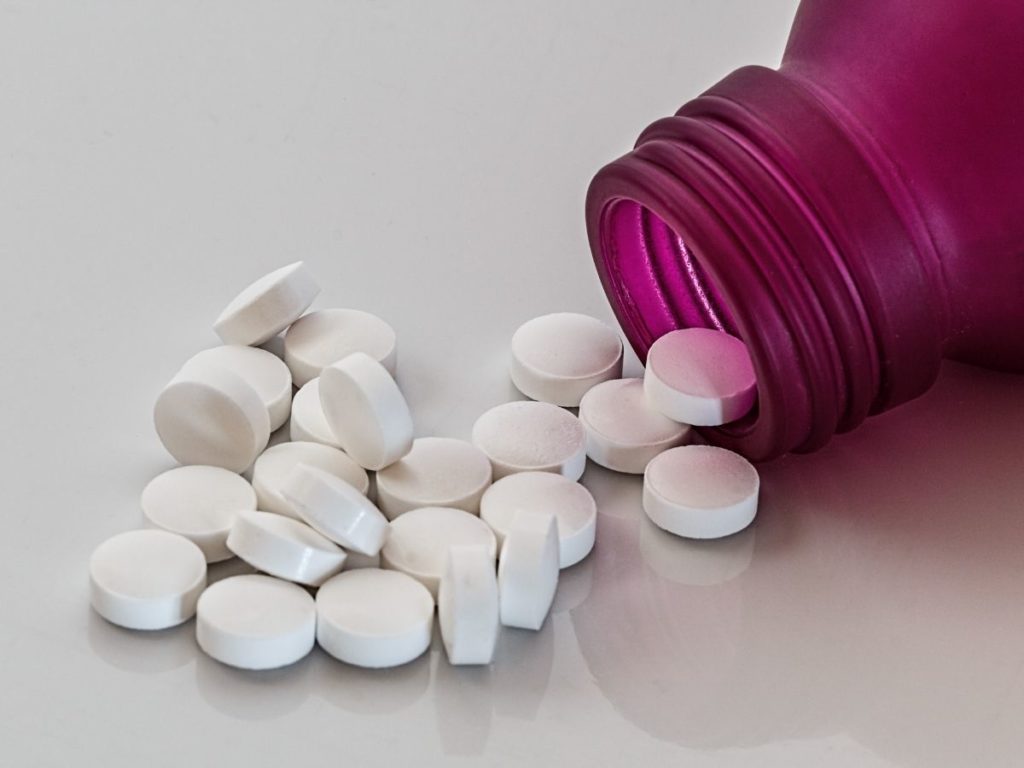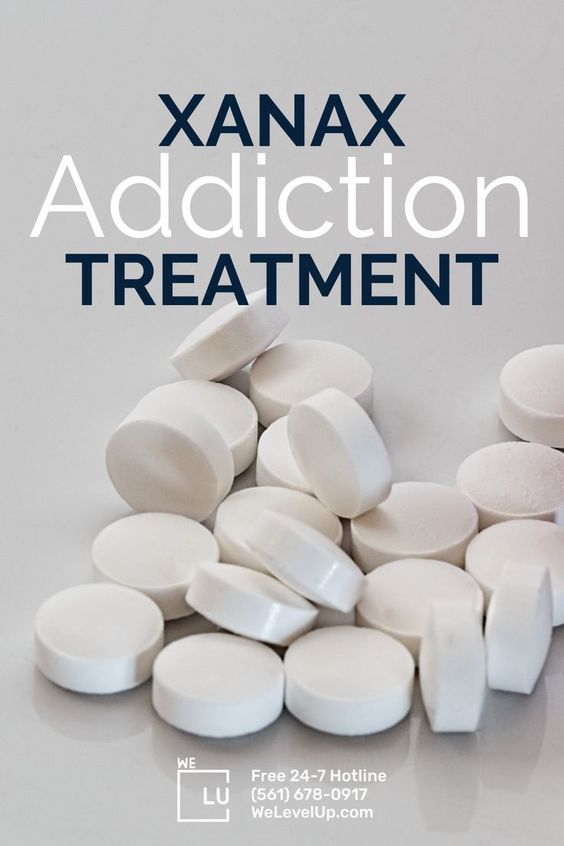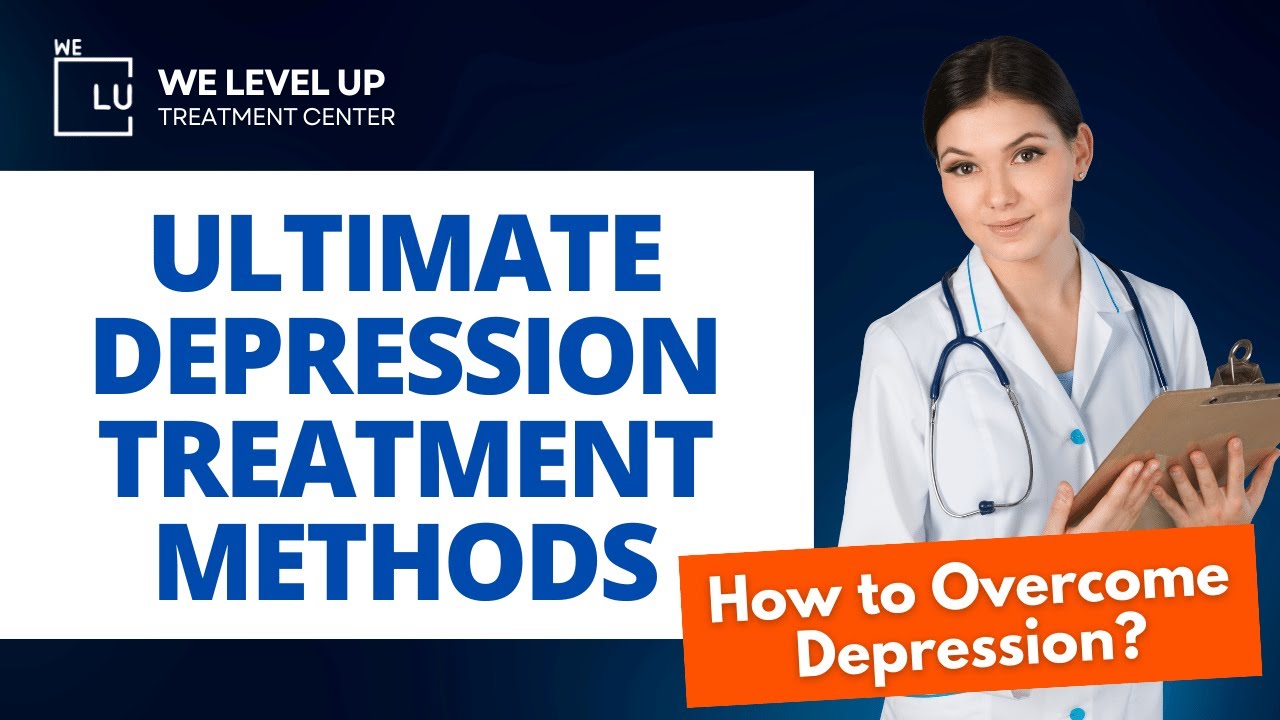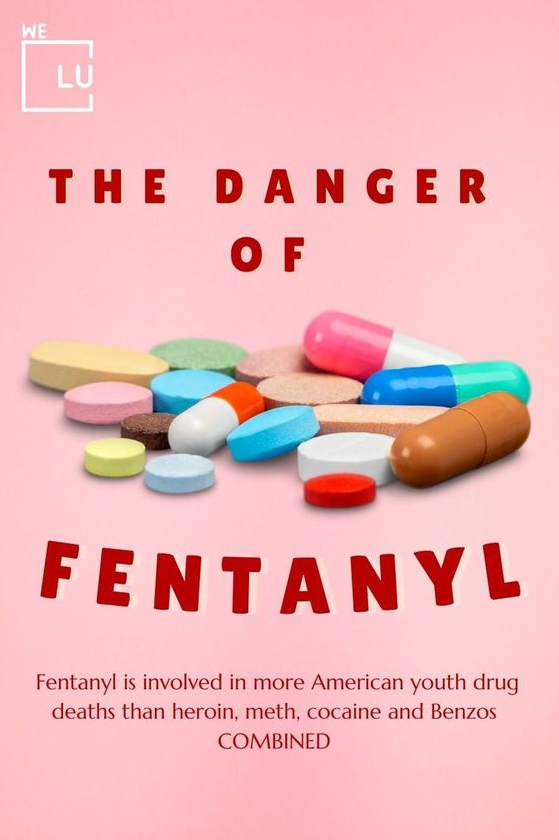What is Valium?
Diazepam, first marketed as Valium, is used to relieve anxiety and to control agitation caused by alcohol withdrawal. It is also used along with other medications to control muscle spasms and spasticity caused by certain neurological disorders such as cerebral palsy (a condition that causes difficulty with movement and balance), paraplegia (inability to move parts of the body), athetosis (abnormal muscle contractions), and stiff-man syndrome (a rare disorder with muscle rigidity and stiffness). Valium for anxiety is also used along with other medications to control seizures. Valium for anxiety is in a class of medications called benzodiazepines. It works by calming abnormal overactivity in the brain.
How Valium Treats Anxiety Disorder
Valium for anxiety impacts gamma-aminobutyric acid (GABA) receptors. GABA is a neurotransmitter in the brain that is connected to the regulation of sleep, relaxation, and anxiety. When influencing the GABA receptors, Valium slows down the central nervous system (CNS). This action decreases your feelings of nervousness and agitation and produces a sense of calm and relaxation. In this way, Valium also helps lessen the intensity of panic attacks and other anxiety symptoms. [1]
Valium is a fast-acting medication that quickly helps lower anxiety and other symptoms of panic disorder. Valium gets into your system rapidly, but can also build up over time, which can sometimes make it challenging to find the most effective and safe dose of Valium for anxiety.
Why is Valium Used to Treat Anxiety?
Valium for anxiety is among the most successful drugs from the onset of the psychopharmacological revolution that began during the 1950s. Efficacious in treating a wide spectrum of CNS disorders, including anxiety and epilepsy, it set the standard for pharmacotherapy in terms of potency, the onset of action, and safety. [2]

Side Effects
Common side effects
- Feeling dizzy, drowsy, fatigued, or lightheaded
- Impaired coordination, decreased ability to concentrate
- Headache, sleepiness, and nasal discomfort with diazepam nasal spray
If you experience these side effects after starting valium for anxiety they will often improve over the first week or two as you continue to take the medication. If side effects do not improve or become problematic, consult your health care provider. [3]
Rare/serious side effects
- Shortness of breath, trouble speaking, feeling very tired, dizziness, or passing out.
- Increased heart rate, headache, memory impairment, irritability, and restlessness may occur.
- Some people taking benzodiazepines develop a severe allergic reaction and swelling of the face. This can occur as early as with the first dose.
- Some people taking benzodiazepines for sleep have experienced various behaviors while they were asleep/not fully awake, such as sleep driving, making phone calls, and preparing or eating food. The individuals have no memory of the events when they awaken.
- Signs of feeling depressed or low mood, thoughts of harming or killing yourself, or lack of interest in life.

Symptoms of drug overdose include confusion, impaired coordination, slow reflexes, coma, and death.
A specific treatment to reverse the effects of valium for anxiety does exist. This medicine, called flumazenil, can reverse the effects of valium but must be given through an IV at a hospital. Only a doctor can decide if you need this medication.
Symptoms of overdose may include:
- Drowsiness
- Confusion
- Tiredness
- Slowed breathing and heartbeat
- Loss of consciousness
How Long Does Valium Take to Work for Anxiety
When starting valium, anxiety or insomnia may improve rapidly or over a period of days or within hours of the first dose of medication.
Diazepam (Valium) is a safe and effective medication when used as directed. Benzodiazepines may produce emotional and/or physical dependence (addiction) even when used as recommended. Physical dependence may develop after 2 or more weeks of daily use. The risk of withdrawal reactions when stopping therapy with diazepam is increased with prolonged use of the medication.
Long-Term Valium Use for Anxiety is Not Recommended
Valium for anxiety may be habit-forming. Do not take a larger dose, take it more often, or for a longer time than your doctor tells you to. Tell your doctor if you have ever drunk large amounts of alcohol, if you use or have ever used street drugs, or have overused prescription medications. Do not drink alcohol or use street drugs during your treatment. Drinking alcohol or using street drugs during your treatment with diazepam also increases the risk that you will experience these serious, life-threatening side effects. Also, tell your doctor if you have or have ever had depression or another mental illness.
Valium for anxiety may increase the risk of serious or life-threatening breathing problems, sedation, or coma if used along with certain medications. Tell your doctor if you are taking or plan to take certain opiate medications for cough such as codeine (in Triacin-C, in Tuzistra XR) or hydrocodone (in Anexsia, in Norco, in Zyfrel) or for pain such as codeine (in Fiorinal), fentanyl (Actiq, Duragesic, Subsys, others), hydromorphone (Dilaudid, Exalgo), meperidine (Demerol), methadone (Dolophine, Methadose), morphine (Astramorph, Duramorph PF, Kadian), oxycodone (in Oxycet, in Percocet, in Roxicet, others), and tramadol (Conzip, Ultram, in Ultracet). Your doctor may need to change the dosages of your medications and will monitor you carefully. [4]
Is Valium Good for Anxiety
Valium can be used to treat anxiety as well as a number of other mental health and medical conditions. It also acts as an anticonvulsant and may also be used to treat anxiety associated with certain illnesses. Other conditions it may be used to treat include:
- Anxiety disorders
- Anxiety associated with alcohol withdrawal
- Anxiety associated with bipolar disorder
- Generalized anxiety disorder
- Muscle spasms
- Panic disorder (with or without agoraphobia)
- Seizures
Valium Dosage for Anxiety Attack
Diazepam (Valium) comes as a tablet, a solution, and as a concentrate (liquid) to take by mouth. It is usually taken 1 to 4 times a day and may be taken with or without food. Follow the directions on your prescription label carefully, and ask your doctor or pharmacist to explain any part you do not understand. Take diazepam exactly as directed.
Diazepam concentrate comes with a specially marked dropper for measuring the dose. Ask your pharmacist to show you how to use the dropper. Dilute the concentrate in water, juice, or carbonated beverages just before taking it. It also may be mixed with applesauce or pudding just before taking the dose. Stir the mixture gently for a few seconds. Take the entire mixture immediately; do not store it for future use.
If you are taking valium for anxiety along with other medications to control seizures, do not stop taking diazepam without talking to your doctor, even if you experience side effects such as unusual changes in behavior or mood. If you suddenly stop taking diazepam, your seizures may get worse. Your doctor will probably decrease your dose gradually.
Valium Dependence
Valium for anxiety may cause physical dependence (a condition in which unpleasant physical symptoms occur if a medication is suddenly stopped or taken in smaller doses), especially if you take it for several days to several weeks. Do not stop taking this medication or take fewer doses without talking to your doctor. Stopping diazepam suddenly can worsen your condition and cause withdrawal symptoms that may last for several weeks to more than 12 months.
Your doctor probably will decrease your valium dose gradually. Call your doctor or get emergency medical treatment if you experience any of the following symptoms: unusual movements; ringing in your ears; anxiety; memory problems; difficulty concentrating; sleep problems; seizures; shaking; muscle twitching; changes in mental health; depression; burning or prickling feeling in your hands, arms, legs or feet; seeing or hearing things that others do not see or hear; thoughts of harming or killing yourself or others; overexcitement; or losing touch with reality.
For anyone who suffers from withdrawal symptoms or valium for anxiety overdose, just the thought of having to stop using can cause severe mental distress. Given that, the medical detox process is managed with the help of a medical detox center. A comprehensive team prescribing medications can alleviate your withdrawal pains while monitoring your health 24 hours. Assuring both your safety and comfort.

Once detox is complete, a new doorway in treatment opens up, which is referred to as a residential level of care. Our residential care program slowly and effectively introduces the individual into an atmosphere of therapeutic growth, marked by Master’s level therapists, clinicians, group counselors, psychiatrists, and a community of like-minded individuals with the same aim: to attain sobriety and live a great life.
Our prescription drug addiction treatment tailors the program to the individual and the individual to the program of recovery. We begin by assessing our client’s history of mental health, drugs, and alcohol-related past. The needs of each patient are specific and personalized, as we aim to provide comprehensive support for mental health, physical dependence on drugs such as valium for anxiety, and dual diagnosis treatment.
Patients in our residential therapy programs will live comfortably within the facility during this crucial and fragile time. This supportive environment is designed to give patients 24-hour care for sobriety, removing temptations for relapse and applying an air of recovery into every component of the treatment timeline. At We Level Up TX treatment center, we find that when patients are living in a supportive community, especially during their early recovery process, they can truly focus on what matters most: their recovery.
Make this your opportunity to reclaim your life. Call today to speak with one of our treatment specialists.
Sources:
[1] Valium (Diazepam) for Panic Disorder – https://www.verywellmind.com/valium-diazepam-2584324#:~:text=This%20action%20decreases%20your%20feelings,other%20symptoms%20of%20panic%20disorder.
[2] Classics in Chemical Neuroscience: Diazepam (Valium) – National Center for Biotechnology Information, U.S. National Library of Medicine
[3] Diazepam (Valium for Anxiety) – https://www.nami.org/About-Mental-Illness/Treatments/Mental-Health-Medications/Types-of-Medication/Diazepam-(Valium)
[4] Diazepam – U.S. Department of Health and Human Services National Institutes of Health





